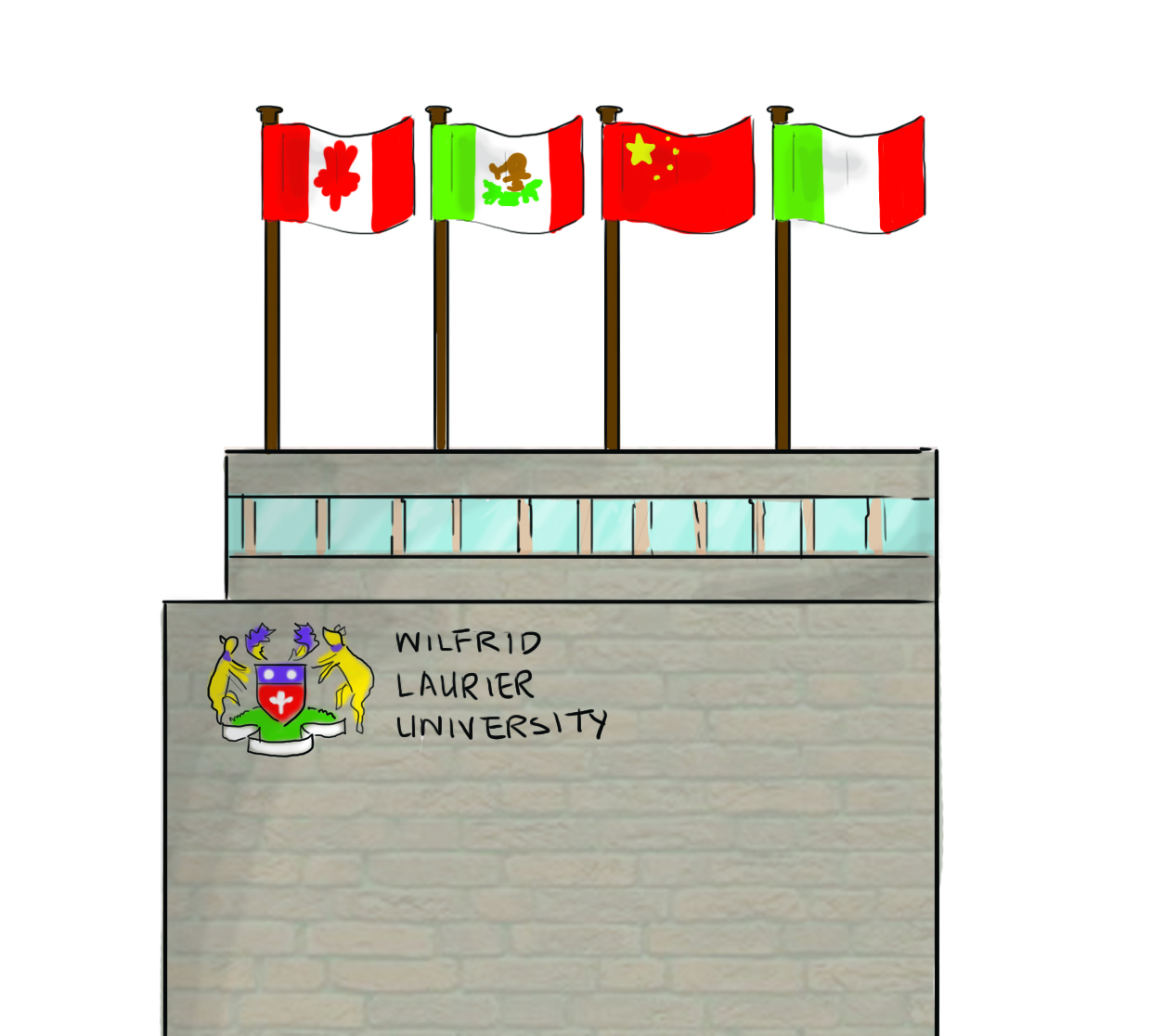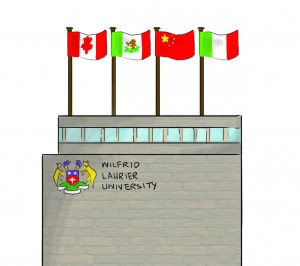International student count up


Last year, Canada opened up its borders to a record number of international students – over 100,000, to be exact.
According to the Government of Canada Department of Citizenship and Immigration, who issued a press release last week, this is the first time in Canadian history that a number this high has been reached.
The number of foreign students coming to Canada has increased by 60 per cent since 2004.
“It’s an interesting discovery that we’re looking at,” said Zach Dayler, the national director for the Canadian Alliance of Student Associations (CASA). “The government has hooked this idea of creating an international student study in the hopes that they will fill labour market shortages.”
Within the next five to ten years, there will be an estimated labour shortage within Canada as baby boomers near retirement. The country is also experiencing falling fertility rates.
“We need to look at what are the primary markets for Canada to invest in – marketing and resources to get people here,” added Dayler. “Obviously that connects to where Canada would like to grow economically.”
A report released by the Department of Foreign Affairs and International Trade Canada found that international students contributed more than $8 billion to the Canadian economy in 2010.
“International students are vital to the global experience offered on University campuses across Canada,” said Paul Davidson, president of the Association of Universities and Colleges in Canada (AUCC). “They enrich our institutions with their culture, languages and unique perspective, and have a positive economic impact on communities coast to coast.”
Some Canadian Universities have already established reputable international exchange programs.
However, with the rise of foreign students coming to Canada, some tensions may exist between domestic and international student populations due to job competition.
“As a Canadian, I might suspect that we need to invest in more resources for our own domestic or Aboriginal populations,” Dayler explained. “Because we have the skills here to find people to do these jobs, why are we bringing in people from the outside to fill those positions?”
The government of Canada has established that immigration does not determine nor affect admissions at Canadian universities and colleges. Each school decides how many domestic and international students they accept each year.
However, with regard to the future job market, the government of Canada has expressed their priorities in employment stability, economic growth and long-term prosperity.
Paul Northcott of Citizenship and Immigration Canada said, in an email, that in order to compete and prosper in a global, knowledge-based world, Canada needs innovators with “an international outlook, as well as requisite skills and experience.”
He also said that international students are a “potential source of skilled labour.”
“Their experience in Canada makes them ideal immigrants because they have obtained Canadian credentials, are comfortable in our languages and often have Canadian work experience,” he added.
However, domestic Canadians need to know that job competitiveness will depend on the market they choose to enter.
“Competition is important to a certain degree,” Dayler explained. “We shouldn’t expect to graduate and get a job. We should expect to graduate and form our investment with the skills we gained … to go out and get a job.”
With that, a large return on investing in international students will be the cultural mixing, exchanging of ideas and integration of new philosophies.
Bringing in volumes of international students is “really embracing this idea that we’re not alone in student education,” said Dayler. “It will be interesting to see how we grow as a country.”

